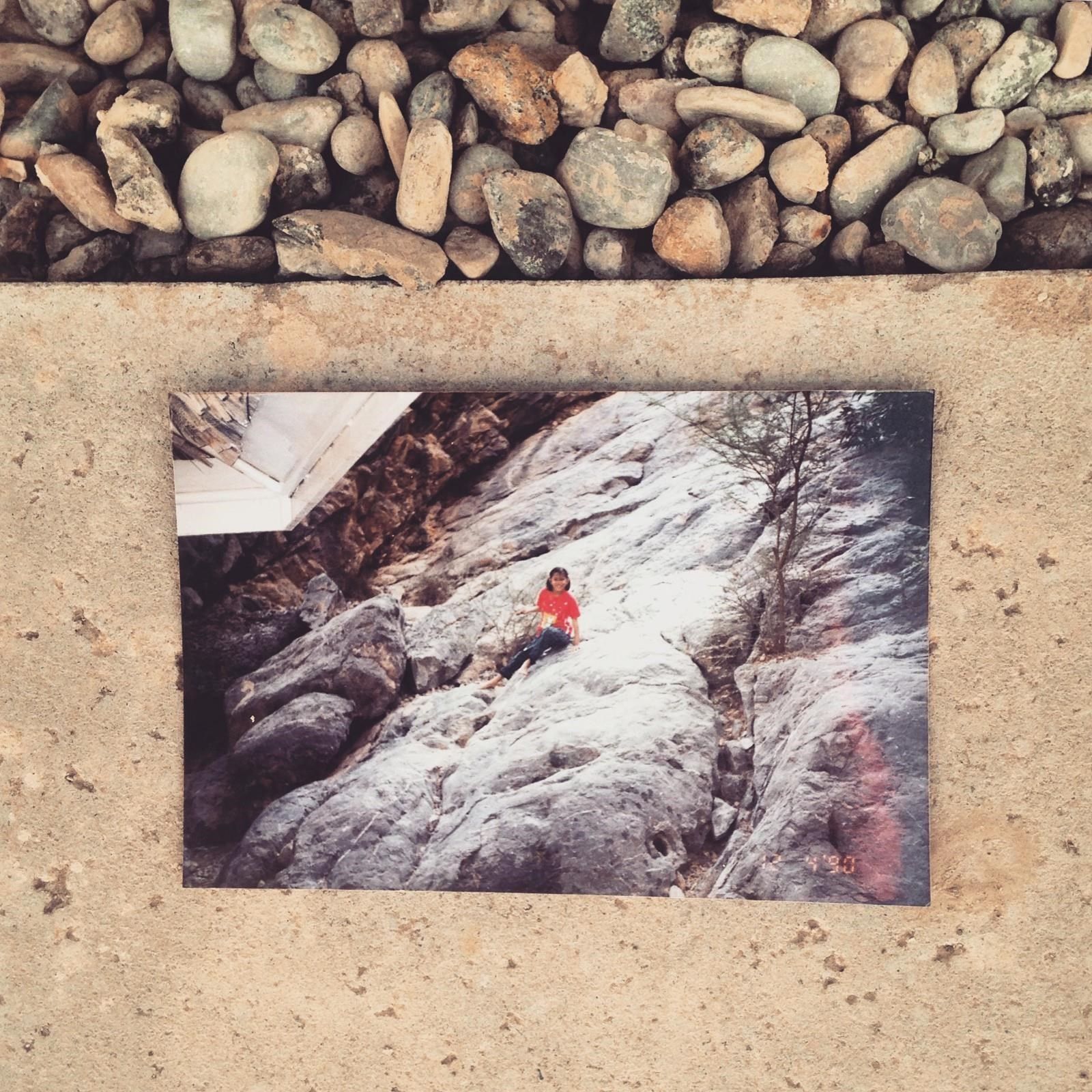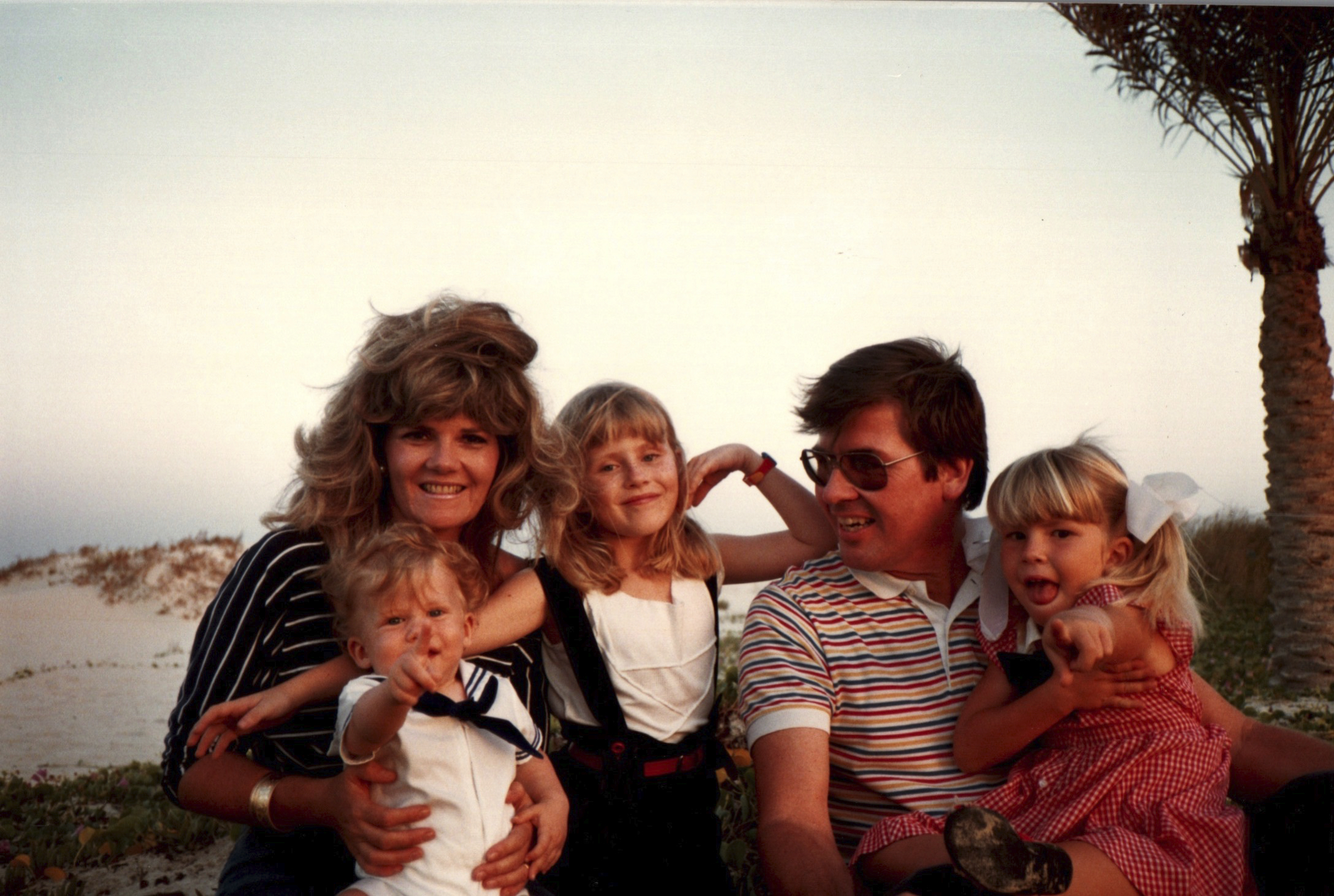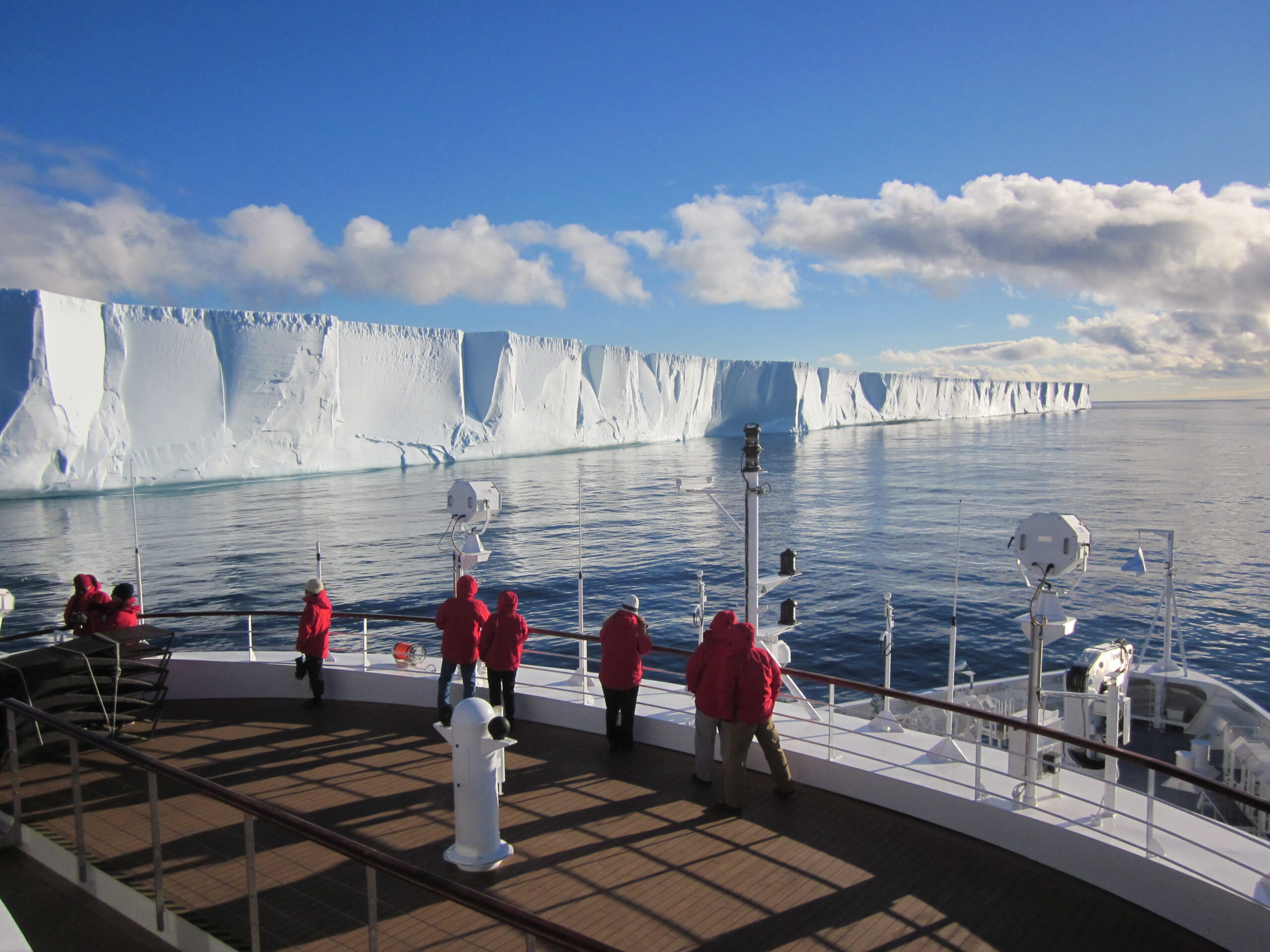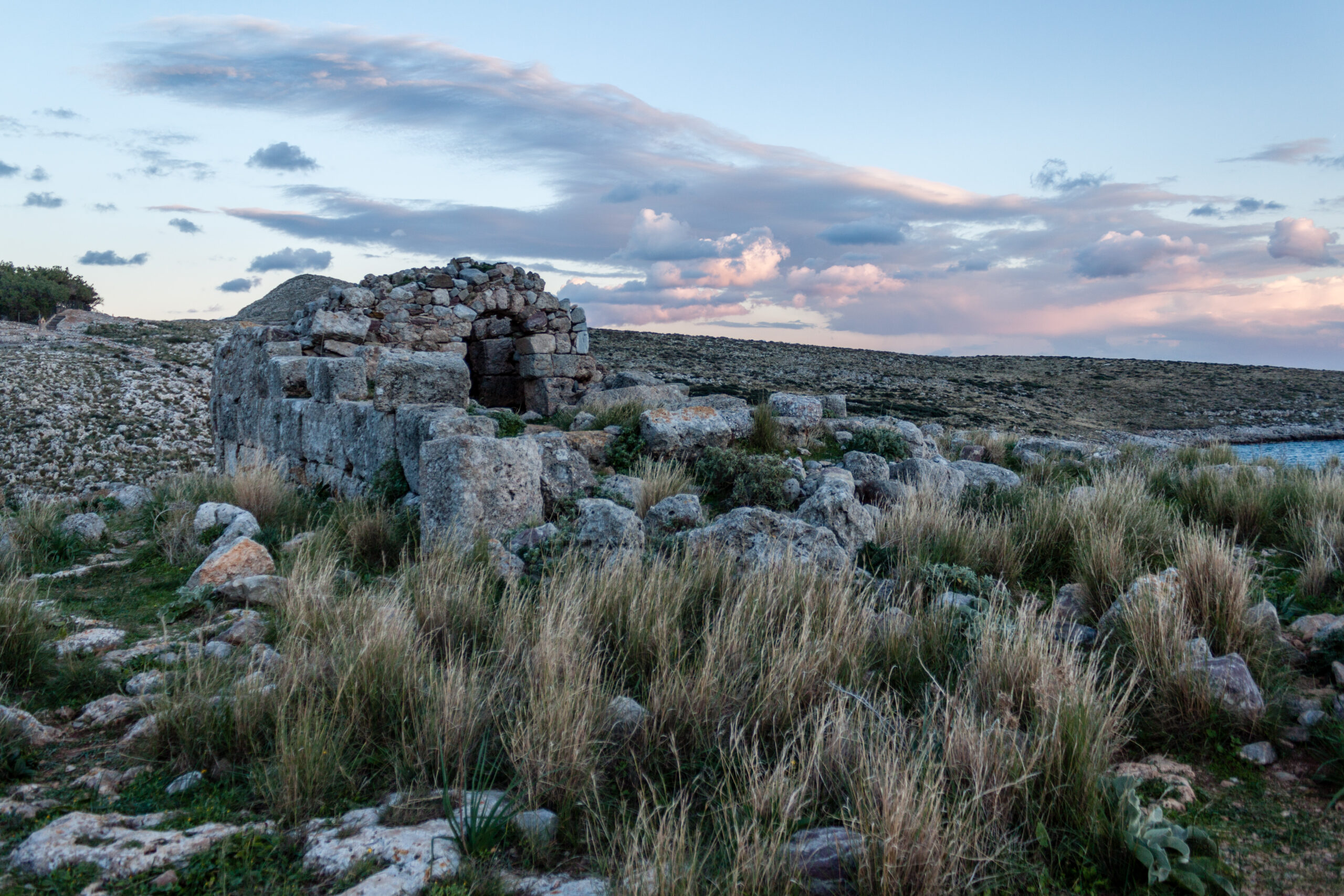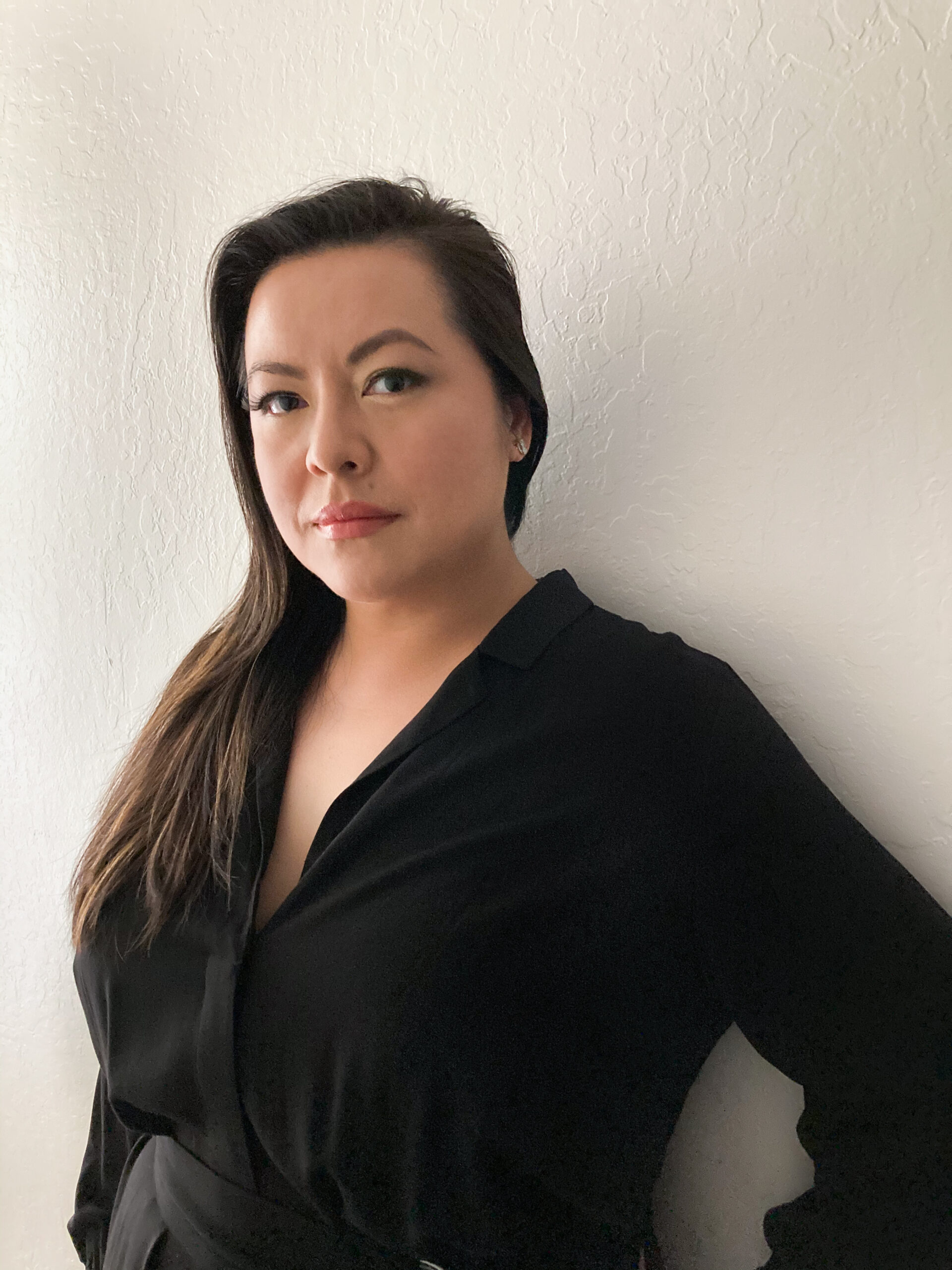By NOOR NAGA
I have dreamt of this Arabian Gulf Portfolio ever since I was a teenager, writing about snow and squirrels and picket fences—despite living in Dubai where I had more experience with temperatures of 40+ degrees, karak chai, compounds… Because English was my first language, the fiction that was available and accessible to me at the time was perpetually happening elsewhere. My high school education focused on the British and American canons, meaning that we had no exposure to global Anglophone literature, let alone any works set in the United Arab Emirates. The bookshops sold mainly self-help and cookbooks in the 2000s. The public libraries were few, poorly stocked, and dominated by Arabic literature that was also generally quite dated. Consequently, for most of my teenage years, my imagination was furnished by foreign clutter and peopled by strangers I had no knowledge of first-hand. There was the book-world and there was the real-world, and I didn’t even appreciate how separate they were in my mind until I began to write about rivers and forests and realized there were none around me. The mimetic dimension of literature had been severed entirely.

